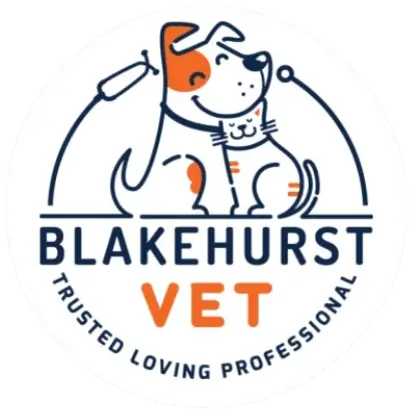Pet Nutrition: Nourishing Your Furry Friends for a Happy and Healthy Life
As pet owners, we want the very best for our beloved furry companions. One of the most crucial aspects of their well-being is proper nutrition. Just like us, pets require a balanced diet to thrive and lead a healthy, happy life. In this blog, brought to you by Blakehurst Vet, we’ll explore the importance of pet nutrition and provide valuable tips on choosing the right diet for your four-legged friends.
The Role of Nutrition in Pet Health
Good nutrition is the foundation of optimal pet health. A well-balanced diet ensures that your pet receives all the essential nutrients they need to maintain strong bones, a healthy coat, a robust immune system, and plenty of energy for playtime and exploration.
- Understanding Nutritional Requirements: Different animals have diverse nutritional needs. For example, cats are carnivores and require a diet rich in animal-based proteins, while dogs are omnivores, needing a balanced mix of proteins, carbohydrates, and fats. Understanding your pet’s specific nutritional requirements is key to providing the best diet for them.
- Avoiding Common Nutritional Mistakes: Many pet owners inadvertently feed their furry friends inappropriate food items, leading to nutritional imbalances and health issues. For example, certain human foods, like chocolate, grapes, and onions, can be toxic to pets. It’s crucial to be aware of these dangers and avoid them.
Tips for a Balanced Pet Diet
- Consult with Your Veterinarian: Before making any significant changes to your pet’s diet, consult with your veterinarian. They can provide personalised guidance based on your pet’s age, breed, health condition, and lifestyle.
- Quality Commercial Pet Food: Opt for high-quality commercial pet food from reputable brands. Look for products that are specifically formulated for your pet’s life stage (puppy, adult, senior) and consider breed-specific formulas for certain dog breeds. Blakehurst Vet recommends Royal Canin pet food and provides it to our Hotel for Cats guests.
- Read the Labels: Familiarise yourself with reading pet food labels. Look for ingredients like real meat, whole grains, and natural sources of vitamins and minerals. Avoid foods with excessive fillers, artificial additives, and by-products.
- Portion Control: Obesity is a significant concern among pets. Measure your pet’s food portions according to their weight, age, and activity level. Overfeeding can lead to various health issues, while underfeeding can result in nutrient deficiencies. If you are concerned, you can chat to a professional at Blakehurst Vet.
- Fresh Water: Always provide fresh, clean water for your pets. Hydration is essential for their overall health and well-being.
Recognising Signs of Good Nutrition
A well-nourished pet will exhibit signs of good health:
- Shiny Coat: A lustrous, shiny coat is a clear indication of a healthy diet.
- Energy and Vitality: Pets receiving proper nutrition will have the energy to play, exercise, and explore their surroundings.
- Stable Weight: Maintaining a stable, healthy weight is a positive sign of a balanced diet.
- Strong Teeth and Bones: Proper nutrition contributes to strong teeth and bones, ensuring your pet’s mobility and dental health.
Remember, every pet is unique, and their nutritional needs may evolve over time. Regular check-ups with your vet will help you make any necessary adjustments to their diet as they age.
Proper pet nutrition is a fundamental aspect of responsible pet ownership. By providing a balanced and wholesome diet, you’re giving your furry friends the best chance at a long, healthy, and joyful life. Remember to work with your vet, read labels carefully, and be mindful of portion control. With the right nutrition, you’ll be rewarded with a loyal and vibrant companion by your side for years to come.


